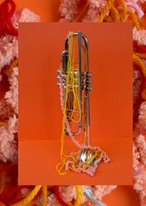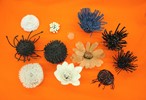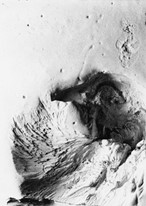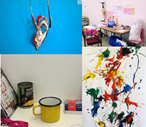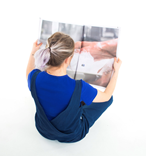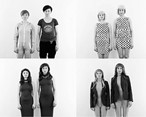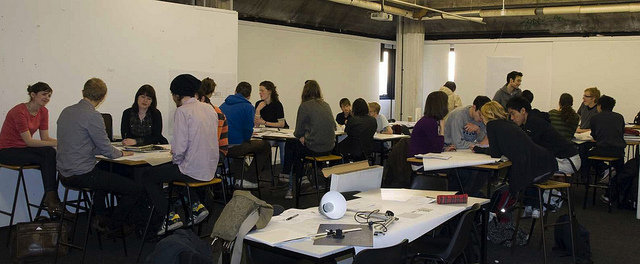The Photography Programme at The Glasgow School of Art has an international reputation for excellence. Established in 1982, it was the first programme of its kind in Europe to award a BA(Hons) Degree in Fine Art Photography and has produced successive generations of successful graduates, many of whom are now leaders in their field.
For us, the invention of photography, and the birth of the modern age could be said to be simultaneous. The momentum of the industrial and post-industrial revolutions advanced photography at an incredible rate, from its low-tech photomechanical beginnings to its current digital, state-of-the-art technologies.
So, photography is a medium for which a blend of art and technology is fundamental. A blend of conceptual, aesthetic and technological awareness makes the use of photography one of the most relevant artist's mediums of this age.
The power of photography - seen everywhere, used by everyone - is sometimes easy to forget. However, it would be hard to imagine a world without photography and we look forward to sharing that world with you.
BA (Hons) Fine Art is a four year, full-time degree programme and students are recruited into one of three specialist departments (Photography, Painting and Printmaking, Sculpture and Environmental Art).
The Fine Art programme employs a variety of learning and teaching methods which may alter and adapt according to the perceived needs of students. The main methods of programme delivery are lectures, seminars, artists' presentations and group discussions, tutorials, progress reviews. projects, group crits, workshops, students' exhibitions, independent study, and formative and summative assessments. In addition to this, the School provides students with opportunities to take part in placements and exchanges in one of our partner institutions across the world in year 3. All students undertake a programme of study in Fine Art Critical Studies.
In addition to applications for first year level entry, the School also welcomes applications for second and, exceptionally, third year level entry from suitably qualified applicants.
Fine Art Critical Studies
As an integral component of your degree course, the department of Fine Art Critical Studies (FACS) provides students with dedicated Learning & Teaching addressing aesthetic, critical, and theoretical issues and debates in fine art and the historical contexts of contemporary art practices in globalised conditions.
Across Years 1-3, FACS courses are taught one day per week via a combination of discipline-specific courses, cross-disciplinary core lectures, and elective courses which evolve from the research of the staff team. In Semester 1 of Year 4, students undertake a Supervised research project following one of four options for written submissions: Critical Journal, Curatorial Rationale, Extended Essay (20 Credits) or Dissertation (40 Credits).
More information on the department and staff profiles can be found here.


